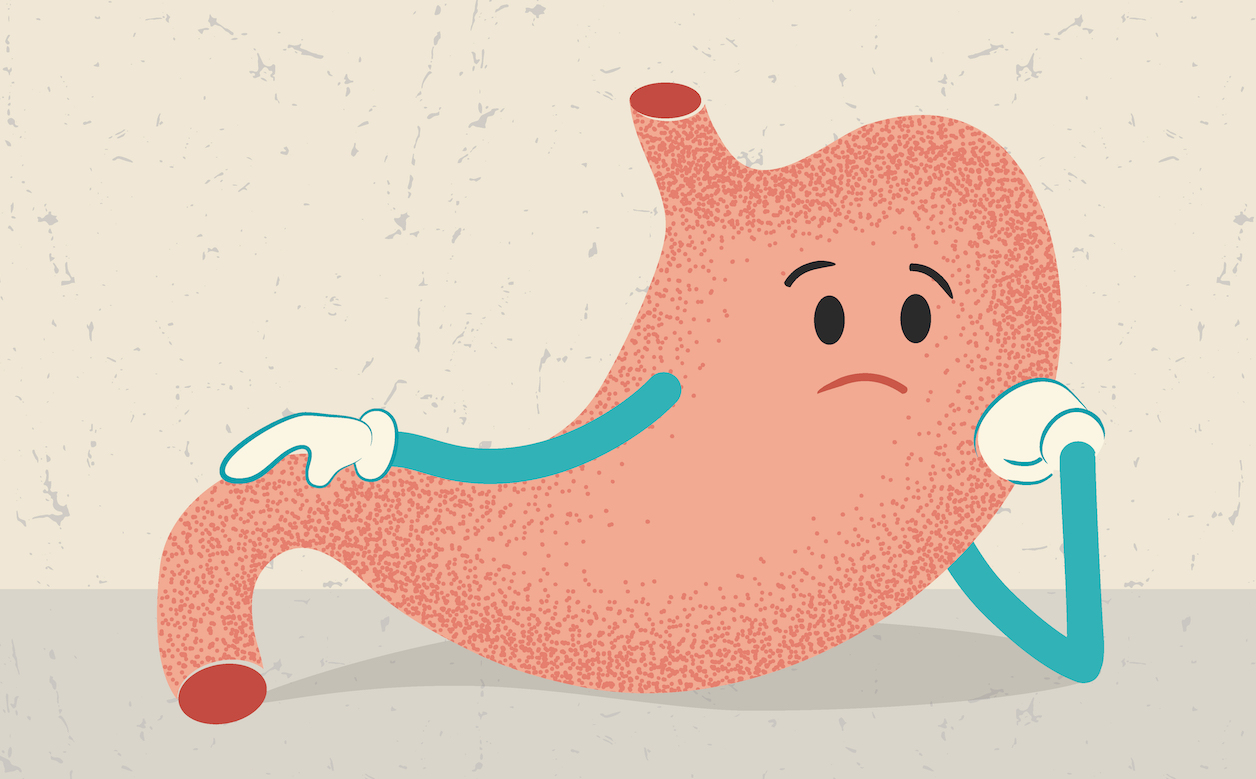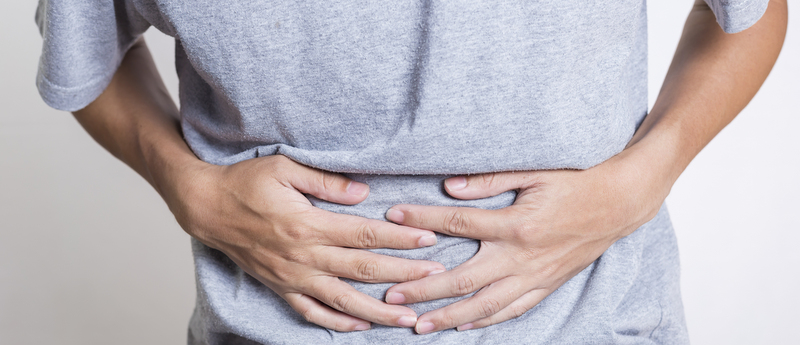You’ve just finished a delicious meal and while it’s hit the spot, you’re starting to feel sick. Urgh. Why are you feeling nauseous?
Your digestive system is a collection of organs that work together to break down what you eat or drink. When you eat, the food is digested and the nutrients are turned into energy. The process begins in your mouth when you chew and the food is broken down to be swallowed. Food travels down your food pipe and then to the stomach and intestines.
Any problems during these processes may cause nausea after eating.
Food poisoning
If you eat food that’s past its expiry date or hasn’t been properly stored or refrigerated, it can attract bacteria and parasites that can make you sick. Besides nausea, food poisoning may also cause vomiting and diarrhoea, usually within a few hours after eating.
Acid reflux
GERD, commonly known as acid reflux, happens when the muscular valve between your oesophagus and stomach breaks down. This causes stomach acid to leak into your oesophagus. The main symptom of acid reflux is heartburn, but it may also bring on nausea.
Stomach virus
Commonly known as the stomach flu, a stomach virus infects your intestines and gives you nausea, vomiting and diarrhoea. You can catch the stomach flu by being around someone who has it, or eating or drinking contaminated food or water.
Anxiety and stress
Not only does stress mess with your emotions, it can harm your physical health. Negative emotions like stress or anxiety can make you lose your appetite or feel sick after eating. The symptoms should stop once you calm down.
Irritable bowel syndrome (IBS)
Symptoms of IBS include abdominal pain, diarrhoea and constipation. Nausea after eating is one of the most common symptoms of IBS.
Motion sickness
If you’re sensitive to movement, the motion of a moving vehicle can make you feel sick. Eating before or after going for a ride can cause or make nausea worse.
When to see your doctor
Experiencing nausea after eating every now and then isn’t cause for alarm, but if it doesn’t go away within a week you should see your doctor.
See your doctor if you experience more serious symptoms with nausea, like:
- Blood in your vomit or stools
- Chest pain
- Confusion
- Diarrhoea that lasts for more than a few days
- Extreme thirst, and signs of dehydration like struggling to urinate, weakness, and dizziness
- A fever
- Intense pain in the abdomen
- Rapid heartbeat
- Severe vomiting
- Trouble keeping food down
Minimise your risk of feeling sick after eating:
- Avoid or limit having greasy, fried or spicy foods
- Eat smaller meals frequently, rather than three big meals
- Suck on ice cubes or crushed ice
- Relax and sit still after eating to help your food digest
- Eat and drink slowly
- Have foods at room temperature or cold if the smell of cooked food makes you feel queasy





